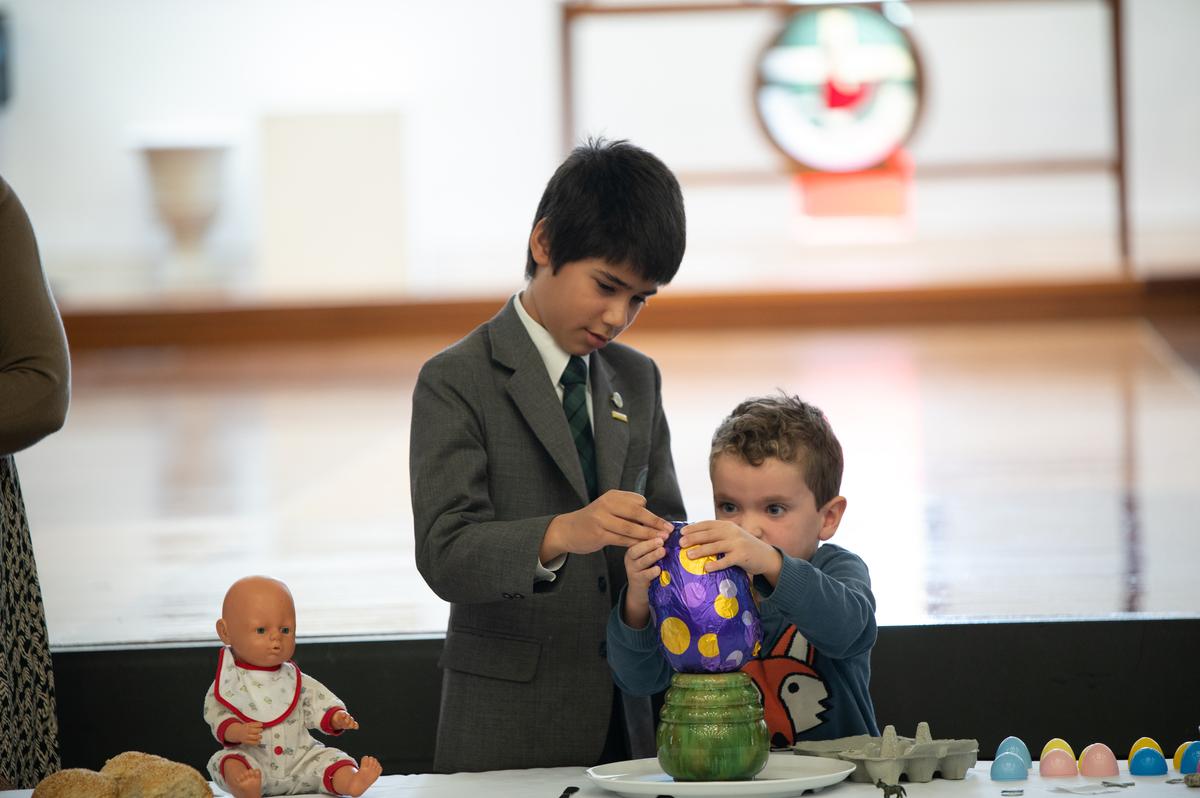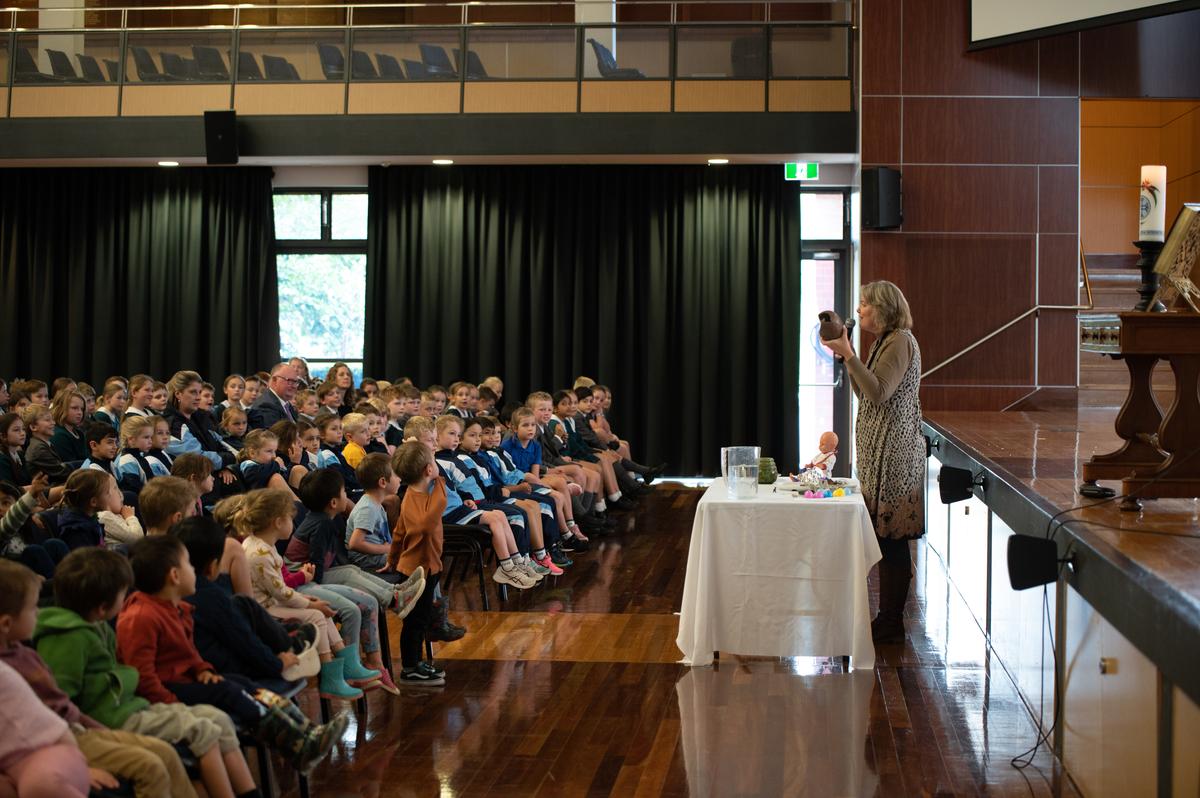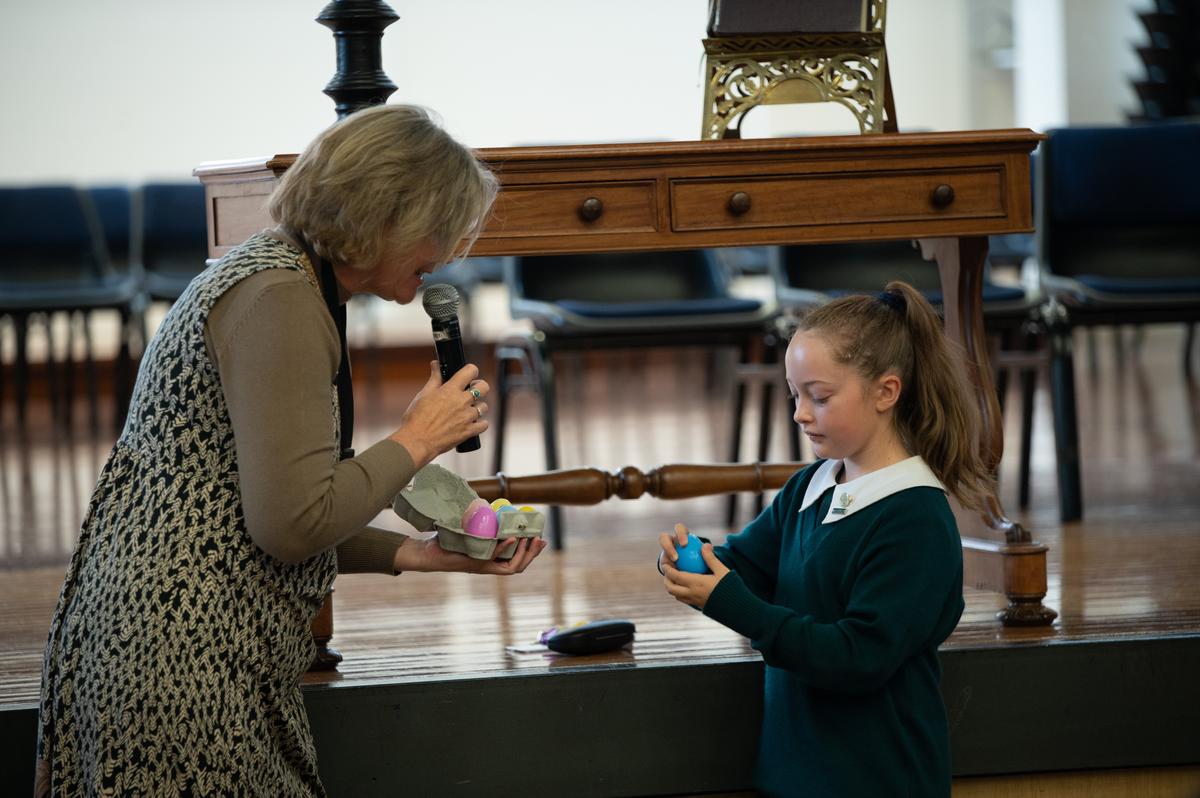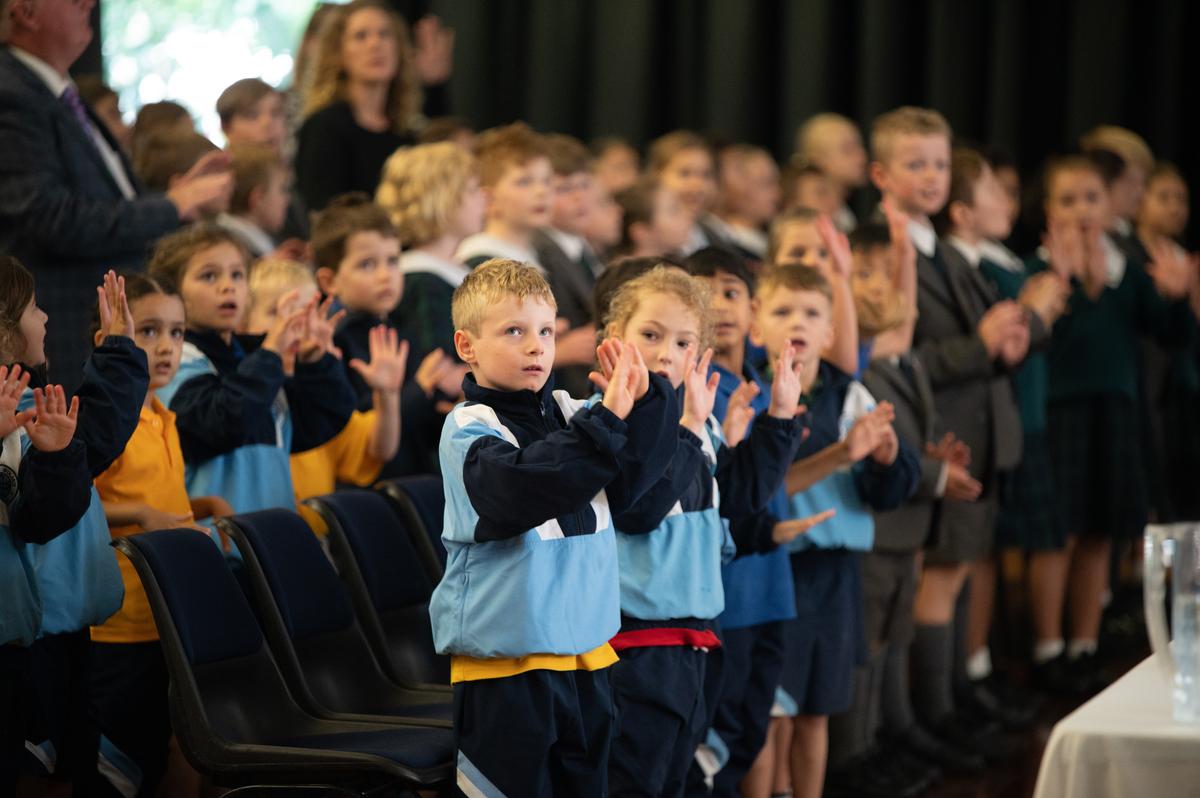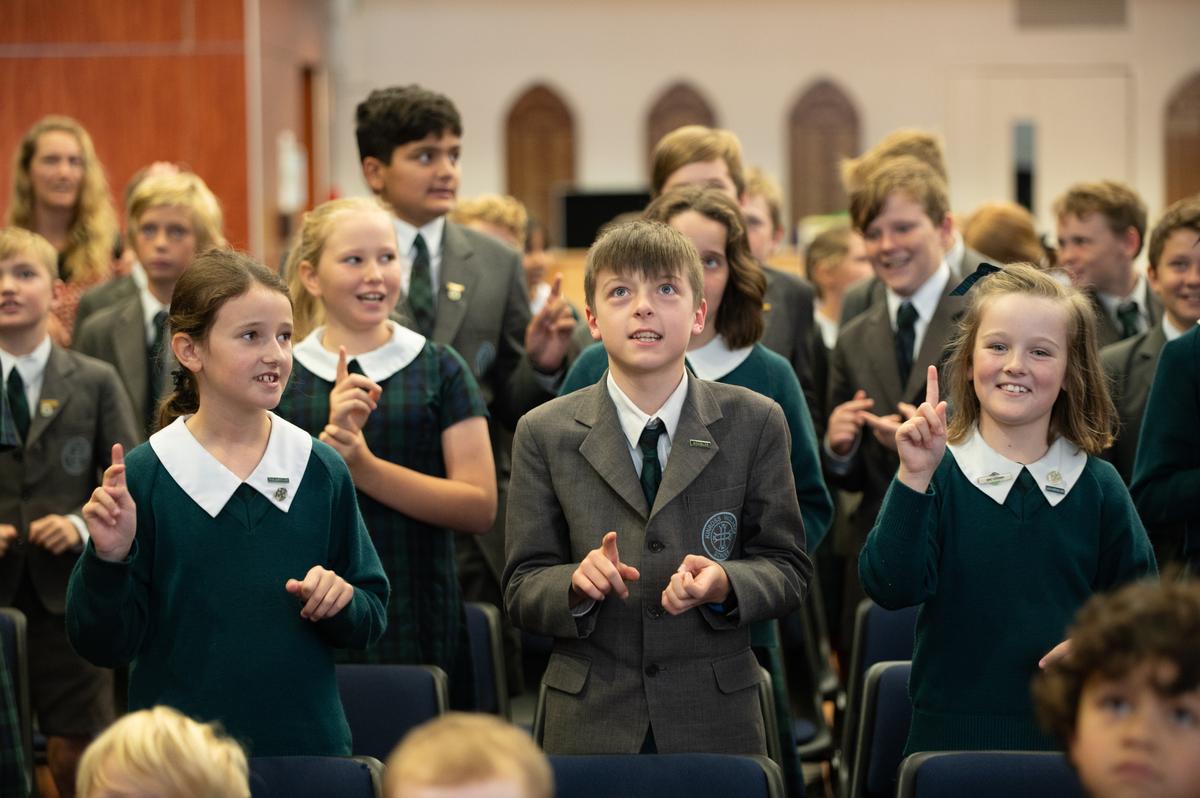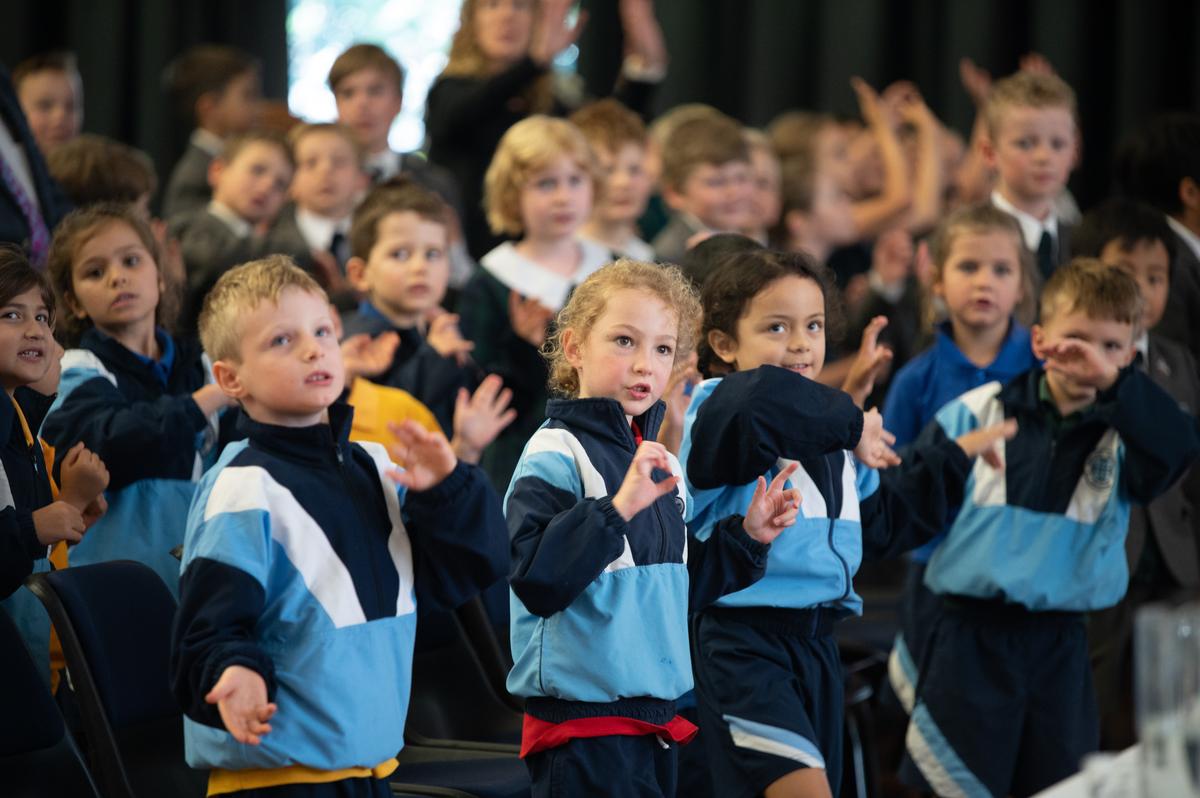Message from the
Head of the Junior School
Mrs Denise Hayward
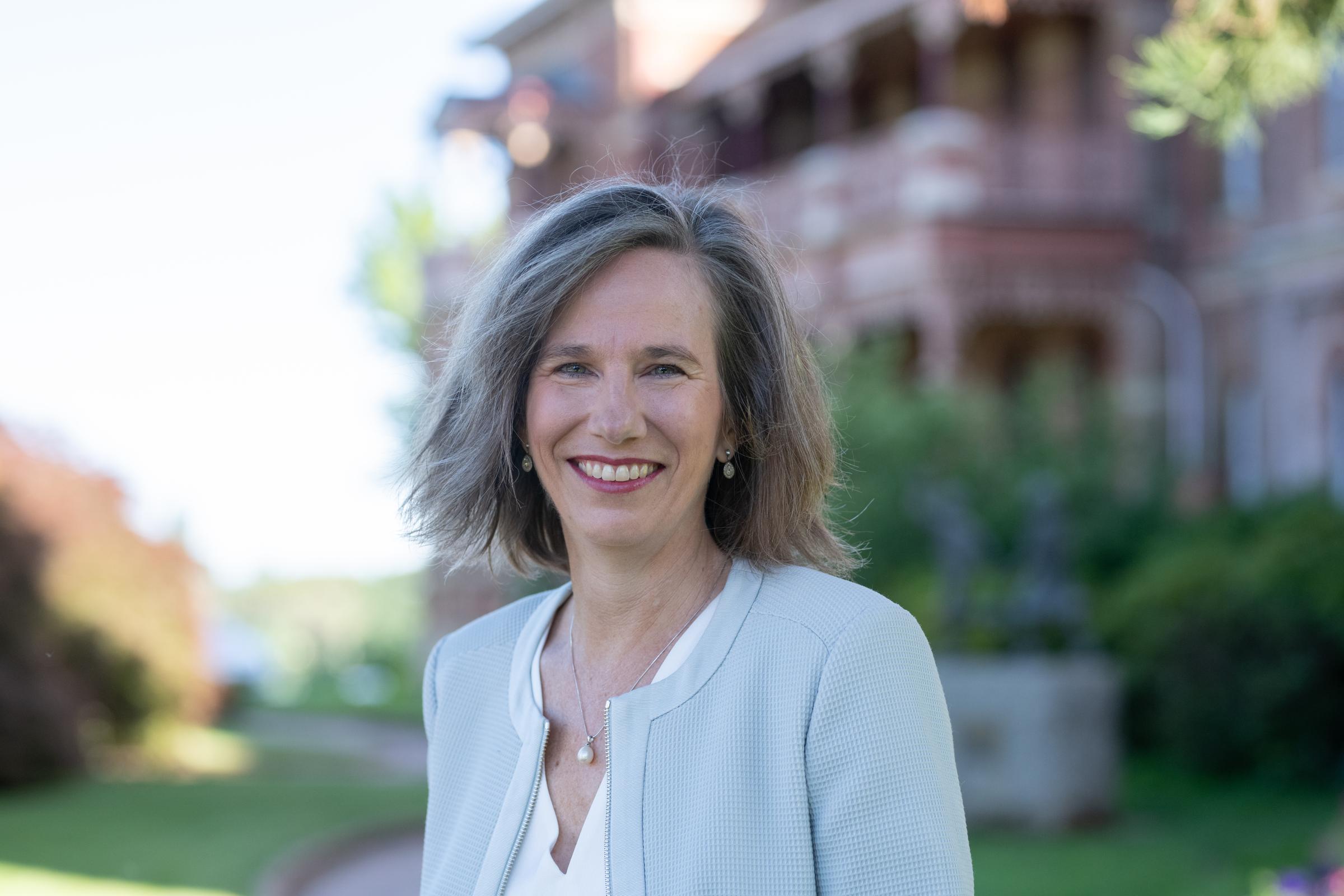
Message from the
Head of the Junior School
Mrs Denise Hayward
Working as a Team to Support Learning
Each new year marks the transition of your child to the next level in their schooling and another year in your partnership with Kinross Wolaroi School. Last year brought unexpected change on a global scale to every aspect of our lives, and in 2021, in light of our experiences, we are reviewing practices across the School. As Mr Bracks takes up new opportunities outside the Kinross Wolaroi community we are embracing with enthusiasm the opportunities this presents as we strive to bring students and their families into an exciting and contemporary culture of learning.
Over the initial weeks of this year, the Learning Support team has been working with classroom teachers in assessing students, as well as engaging in discussions with staff and stakeholders. We have been formulating plans to transition to a new format of support, designed to maximise in-class support and thus reach a wider scope of our students. This opportunity for greater impact will involve the integration of the Senior School Teacher’s Aides, in addition to the existing Junior School Teacher’s Aides into the Junior School team, lead by Miss Tina Moshkanbaryans, our K-12 Learning Support Coordinator.
At Kinross Wolaroi, as in all schools, we cater for a wide spectrum of student learning needs along a continuum which encompasses cognitive, social, emotional, and physical development. Kinross Wolaroi aims to promote inclusive practices within the School learning community; thus enabling the diverse range of learners to successfully access the curriculum and participate in the life of the school. We aim to cater for all students’ learning needs through identifying their learning approach, scaffolding learning, differentiation and adjusting the curriculum to develop all students’ potential. This requires professional development and collaborative planning involving teachers, parents, and the student along the learning continuum.
Within all classes there are differences and diversity. Our aim at Kinross Wolaroi is to provide meaningful and equitable access to the curriculum for all students. By enhancing the motivation to learn from multiple perspectives, through collaborative teaching approaches, our goal is to provide positive outcomes for all students. These outcomes include improved academic and social skills, increased self-esteem, and more positive relationships with others in the community.
At Kinross Wolaroi we have a team of people who support our class teachers in the learning and teaching environment. Led by Miss Tina Moshkanbaryans this team acts in a consultative and collaborative capacity in addressing learning needs of all students. The team exists to support and complement the learning programs within the Junior School, to assist teachers in working with students to attain their full potential within an inclusive setting. Inclusion aims to increase access and engagement for all students by identifying and removing barriers. This requires collaboration, mutual respect, support and problem-solving between all stakeholders. The team exists to assist in the empowerment of classroom teachers to meet the educational needs of all students, through the provision of personnel and other support resources. Inclusion is an ongoing process that aims to increase access and engagement in learning for all students by identifying and removing barriers. This can only be successfully achieved in a culture of collaboration, mutual respect, support, and problem solving.
Through our Learning Support team, students with specific learning needs that fall outside the regular differentiated classroom offering, and who benefit from targeted intervention to meet goals, have access to the same opportunities and choices in their education that are available to a student without a specific need. We believe all students are entitled to rigorous, relevant, and engaging learning opportunities drawn from the NESA Curriculum and set in achievable learning contexts. All students may not necessarily have the same learning experiences but should have access to equitable opportunities and choices to access content from all learning areas of the NESA Curriculum, although the way in which they access it and the focus of their learning may vary according to their individual learning needs, strengths, goals and interests.
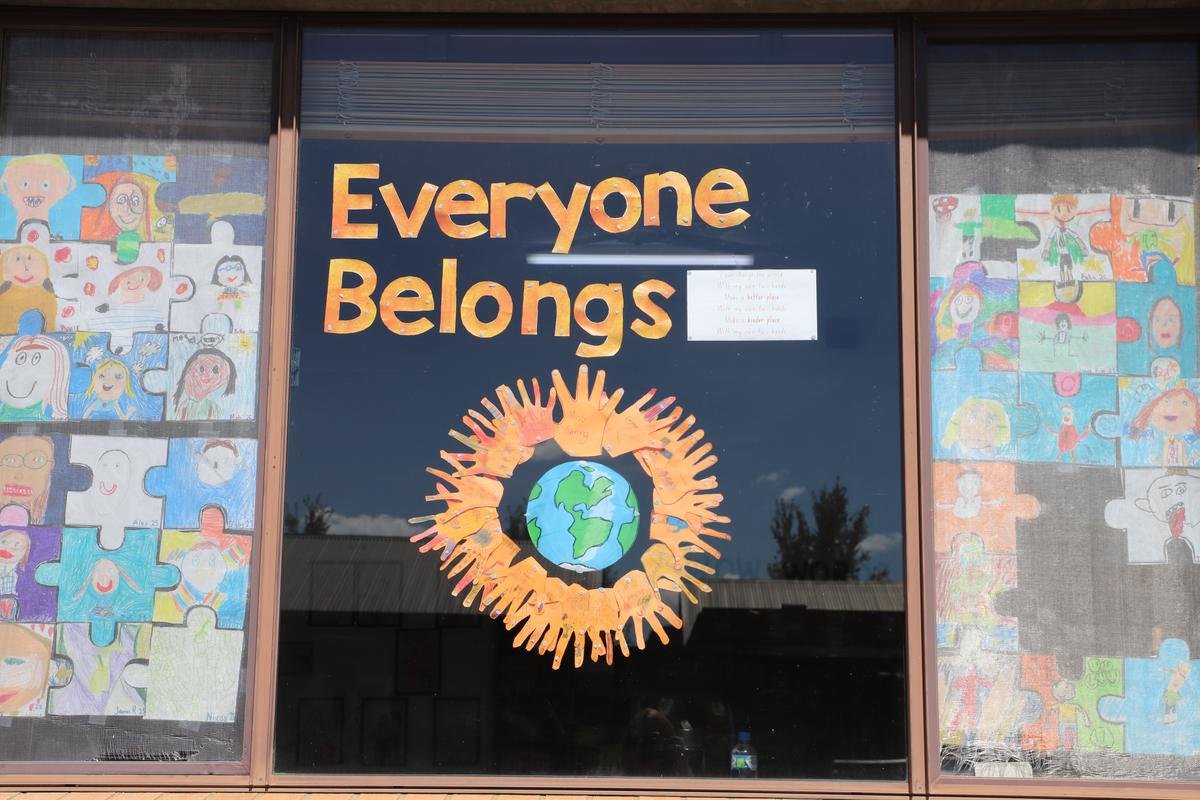
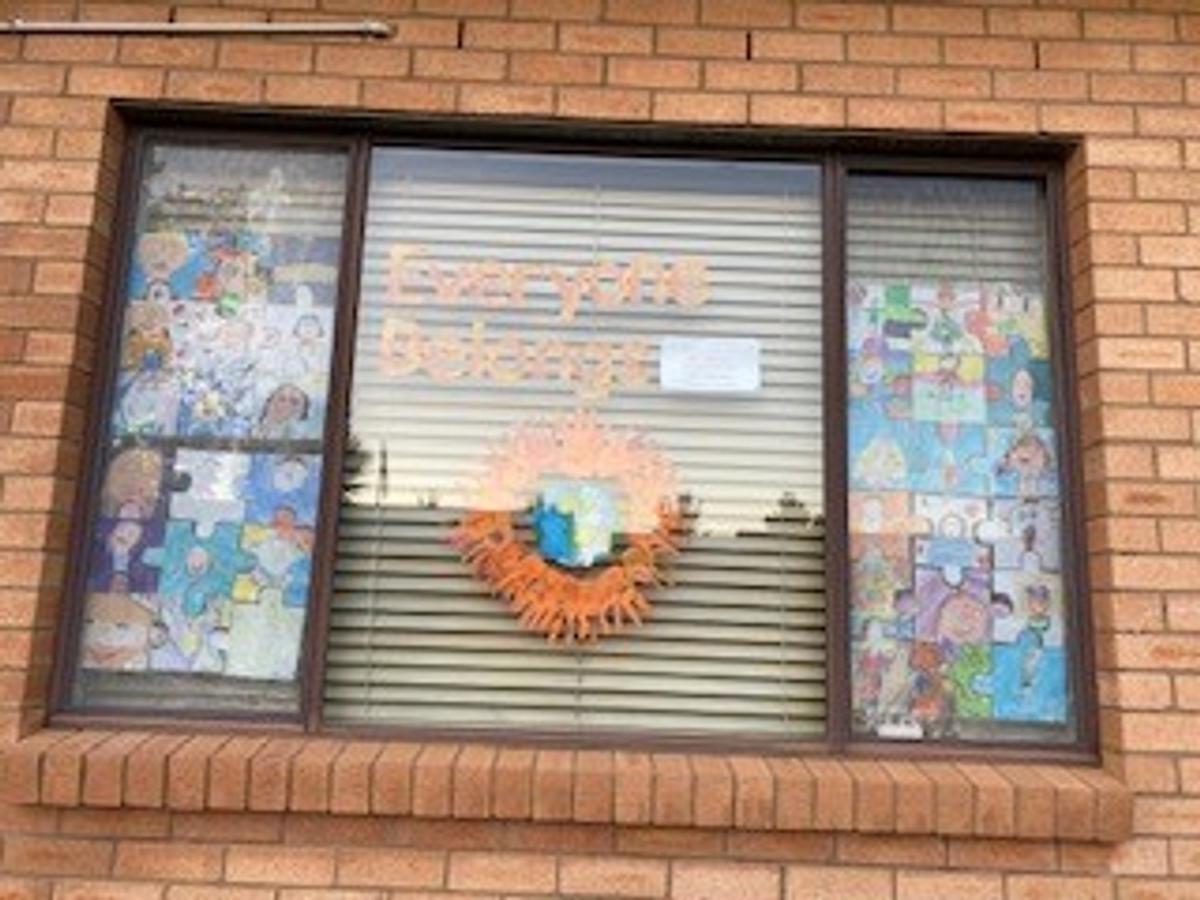


What does support at KWS look like?
At KWS we work hard to cater for all students in our classrooms. We know at times this creates a challenge due to a range of readiness levels, sometimes spanning several years. We know intervention encompasses a variety of strategies and is not just confined to group withdrawal or one-on-one programs. We know all classroom teachers are part of the solution. In Term 2, we are introducing a “Boost” program to provide a “double dip” in literacy for some of our students. Our learning support team will be working alongside teachers in classrooms in literacy and numeracy, providing more opportunities to meet students at their level of readiness.
Differentiation
At Kinross Wolaroi we differentiate the curriculum. All teachers conduct assessments, from which strategies are developed, to best meet individual needs. We do not assume this is someone else’s responsibility or that intervention involves withdrawal or individual programs. Instead, we examine our classroom practice and make changes to maximise student learning. This understanding is critical to ensure any programs we introduce support student learning and do not further marginalise those we are trying to help. There is no single intervention strategy. Rather, success comes from ongoing, continued intervention programs that are targeted to students’ needs, assess students regularly, monitor student progress, are well-managed by administrative staff, and are implemented by highly trained and knowledgeable staff.
Differentiation is a targeted process that involves forward planning, programming and instruction. It involves the use of teaching, learning and assessment strategies that are fair and flexible, provide an appropriate level of challenge, and engage students in learning in meaningful ways. Differentiated programming recognises an interrelationship between teaching, learning and assessment that informs future teaching and learning.
The path ahead
In 2021, the Junior School staff are looking at the data we gather. We are taking a deep dive into reading running records and how this informs our teaching and learning. We are examining our approaches in the teaching of mathematics. We look forward to sharing with you throughout the year how we are enhancing our teaching and learning practices and what this means for your children.
Winter Sport and Uniforms
An update on winter sport uniform requirements for hockey, netball and soccer in Years 3 to 6: Students will now wear navy sport shorts and their pale blue school polo. Some families may have already purchased uniforms according to the winter sport note. Please contact Junior School Reception if you have any questions about winter uniform.
Swimming
There will be NO SWIMMING for Transition, Mini and Pathways squads in the school holidays. We will return Tuesday 27 April.
Easter Service
Our junior students enjoyed a lovely Easter service conducted by our School Chaplain, Rev. Dr Rosalie Clarke. I hope you enjoy the photographs below.
